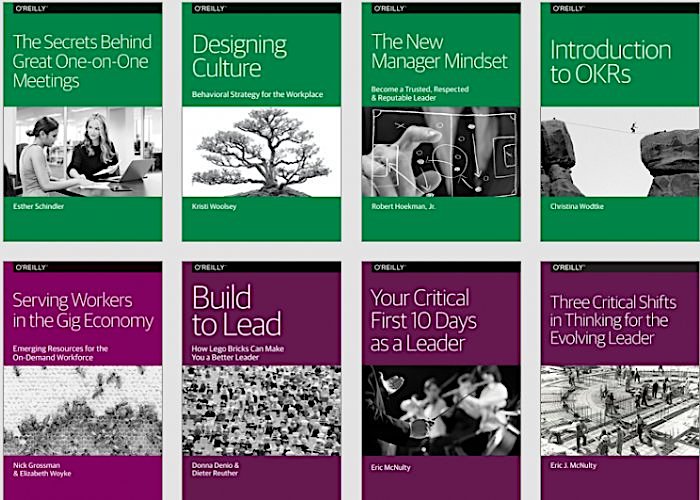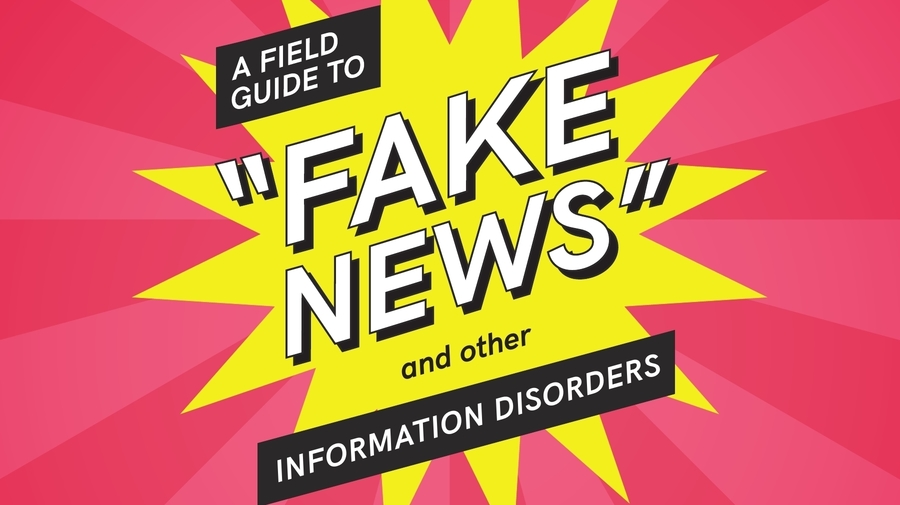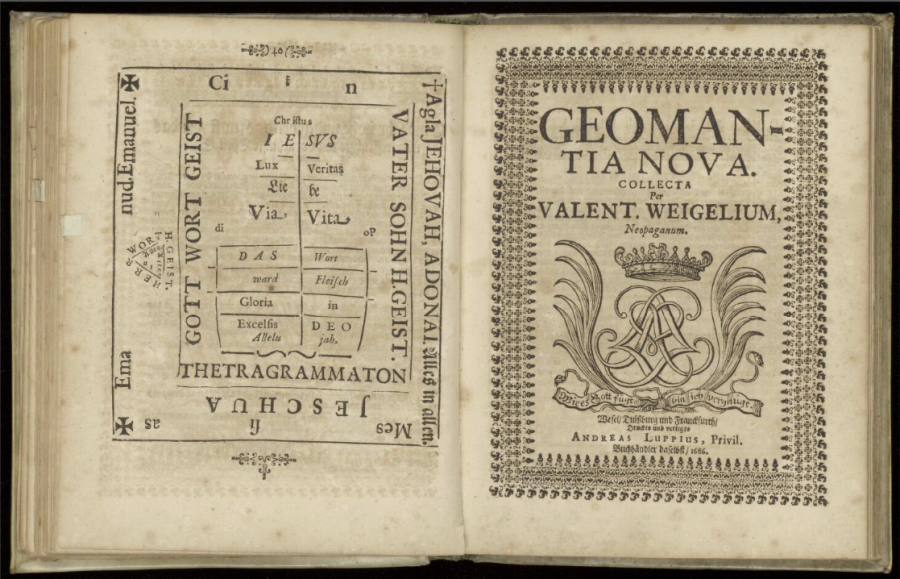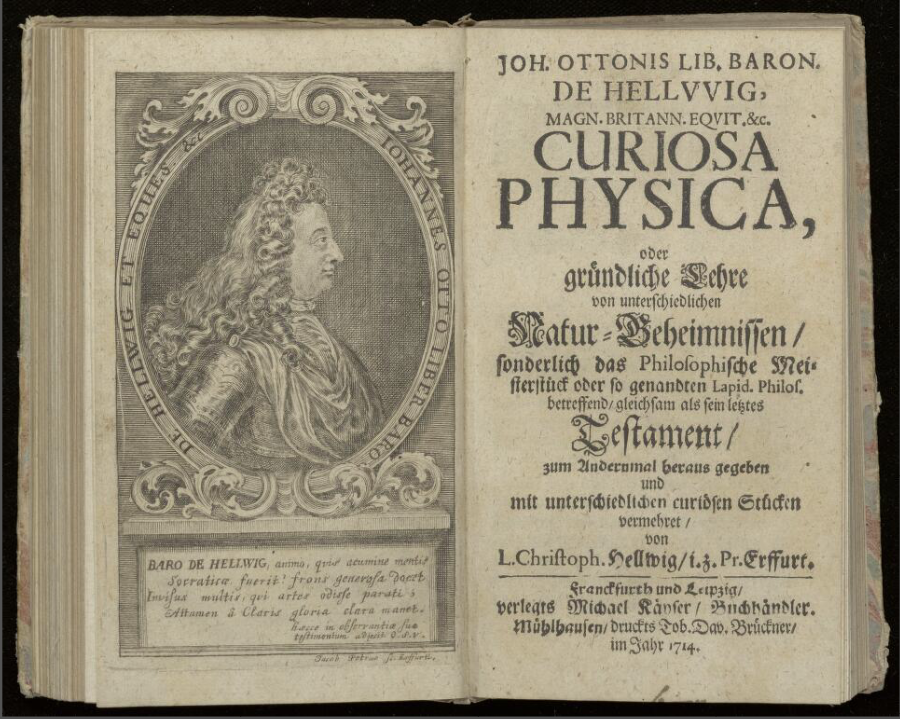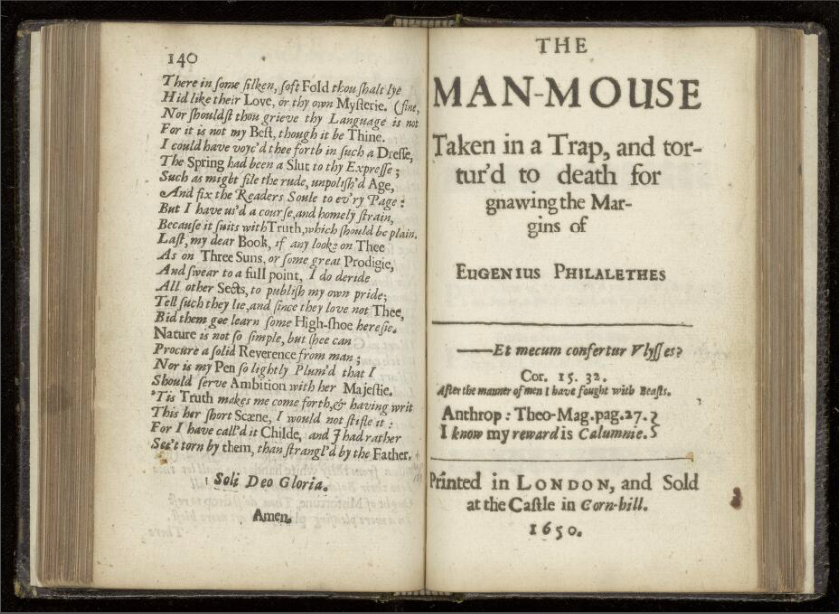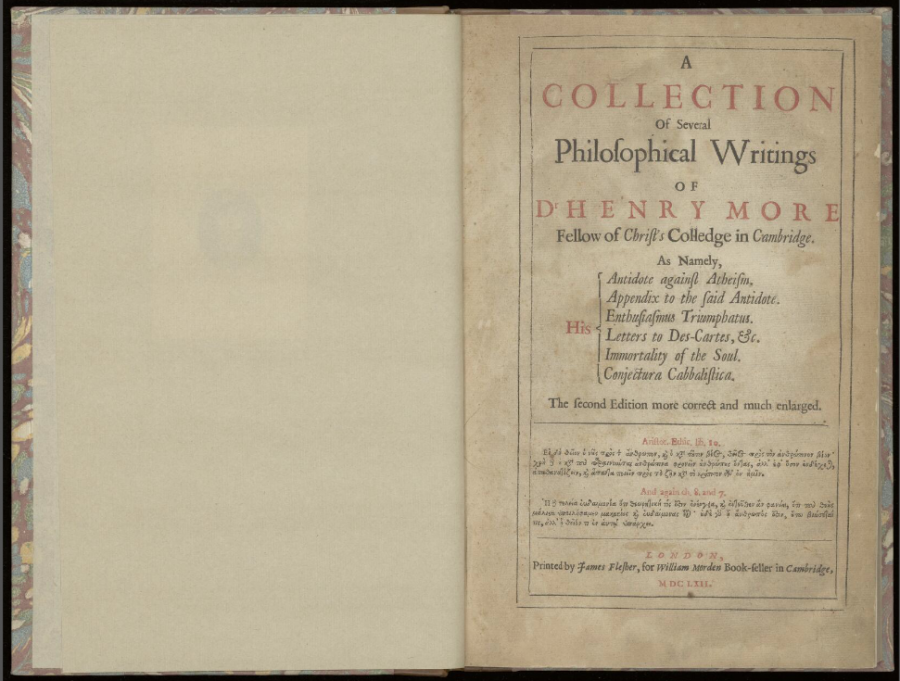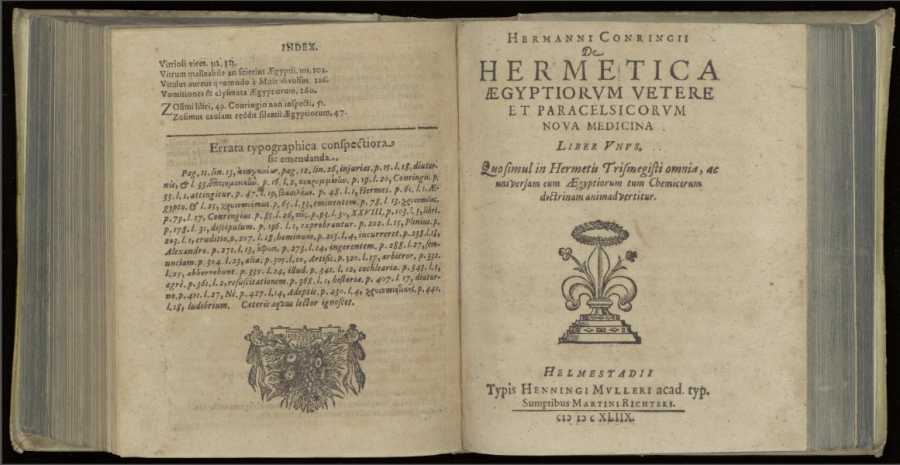These days the word Epicurean tends to get thrown around in regard to things like olive oil, cutting boards, and wine aerators. The real Epicurus, an ancient Greek philosopher of the third and fourth century BCE, might not have approved, knowing as he did that happiness doesn’t come from products that signal one’s appreciation of high-end comestibles. But where, then, does happiness come from? Epicurus devoted his school of philosophy to finding an answer to that ancient question, and these two brief animated introductions, one by Alain de Botton’s School of Life and one from Wireless Philosophy, will give you a sense of what he discovered.
Epicurus proposed, as de Botton puts it, that “we typically make three mistakes when thinking about happiness.” Number one: “We think happiness means having romantic, sexual relationships,” never considering the likelihood of them being “marred by jealousy, misunderstanding, cheating, and bitterness.”
Number two: “We think that what we need to be happy is a lot of money,” without factoring in “the unbelievable sacrifices we’re going to have to make to get this money: the jealousy, the backbiting, the long hours.” Number three: We obsess over luxury, “especially involving houses and beautiful serene locations” (and, nowadays, that with which we stock their kitchens).
Only three things, Epicurus concluded, can truly ensure our happiness. Number one: “Your friends around,” which led the philosopher to buy a big house and share it with all of his. (“No sex, no orgy,” de Botton emphasizes, “just your mates.”) Number two: Stop working for others and do your own work, which the members of Epicurus’ commune did in the form of farming, cooking, potting, and writing. Number three: Find calm not in the view out your window, but cultivated within your own mind by “reflecting, writing stuff down, reading things, meditating.” The big meta-lesson: “Human beings aren’t very good at making themselves happy, chiefly because they think it’s so easy.”
Wireless Philosophy’s video, narrated by University of California, San Diego philosophy professor Monte Johnson, draws more rules for happiness from the teachings of Epicurus, breaking down his “tetrapharmakos,” or four-part cure for unhappiness:
- God is nothing to fear
- Death is nothing to worry about
- It is easy to acquire the good things in life
- It is easy to endure the terrible things
Johnson expands on the fine points of each of these dictates while accompanying his explanations with illustrations, including one drawing of the bread on which, so history has recorded, Epicurus lived almost entirely. That and water made up most of his meals, supplemented with the occasional olive or pot of cheese so that he could “indulge.” Not exactly the diet one would casually describe as Epicurean in the 21st century, but dig into Epicureanism itself and you’ll see that Epicurus, who described himself as “married to philosophy,” understood sensual pleasure more deeply than most of us do today — and a couple millennia before the advent of Williams-Sonoma at that.
To further delve into this philosophy, read Epicurus’ classic work The Art of Happiness.
Related Content:
Based in Seoul, Colin Marshall writes and broadcasts on cities and culture. His projects include the book The Stateless City: a Walk through 21st-Century Los Angeles and the video series The City in Cinema. Follow him on Twitter at @colinmarshall or on Facebook.
